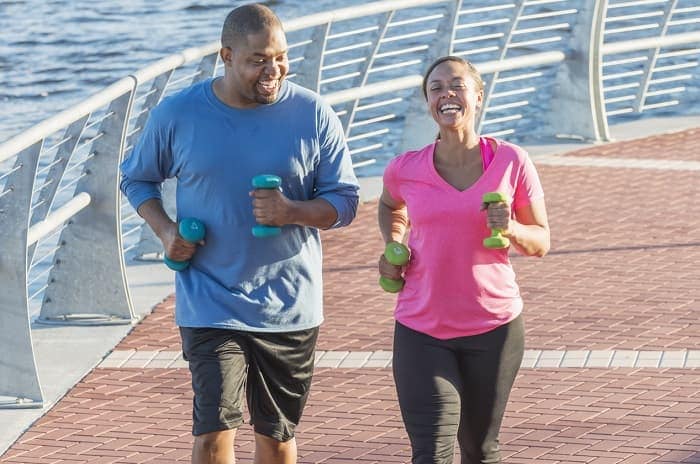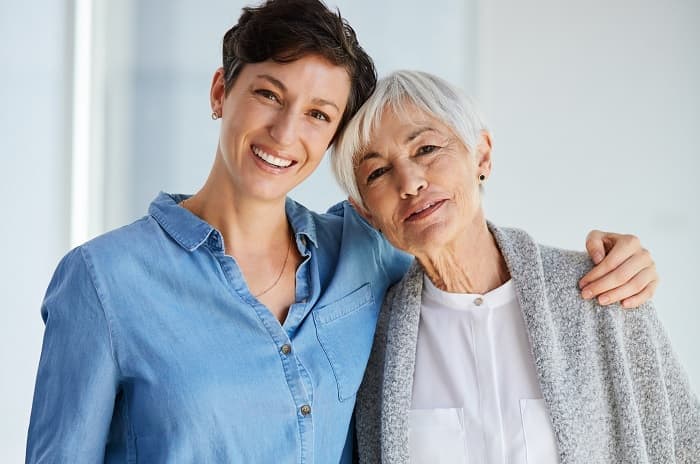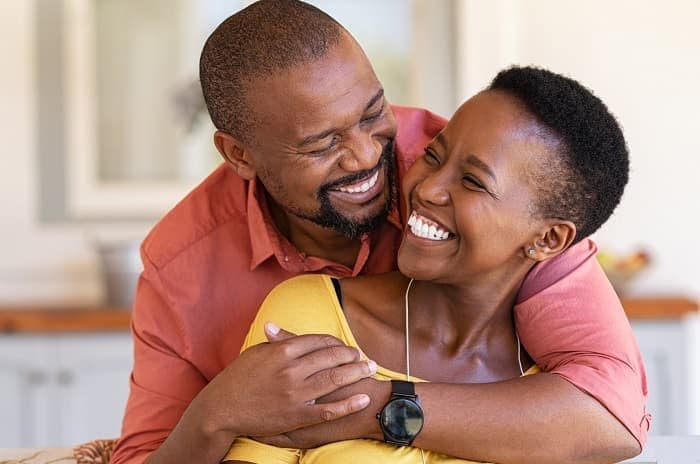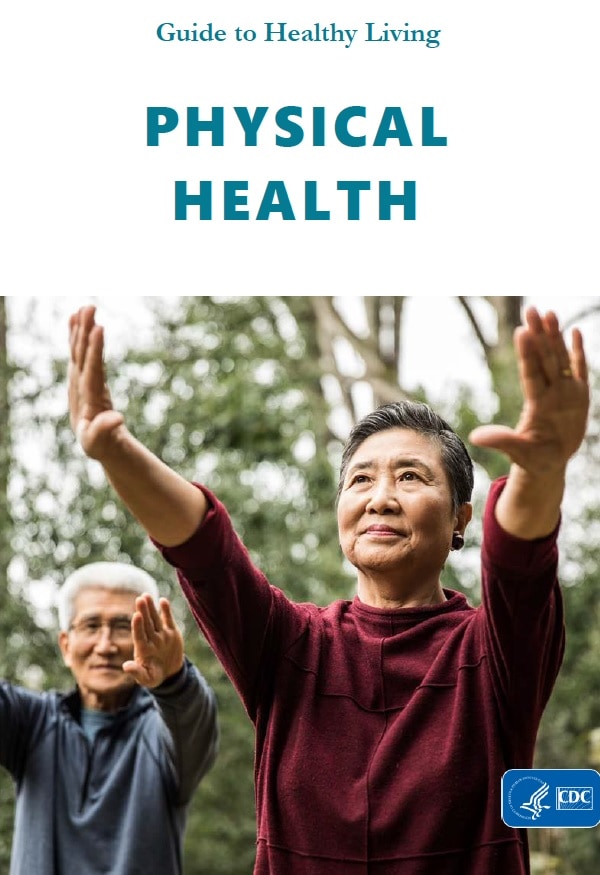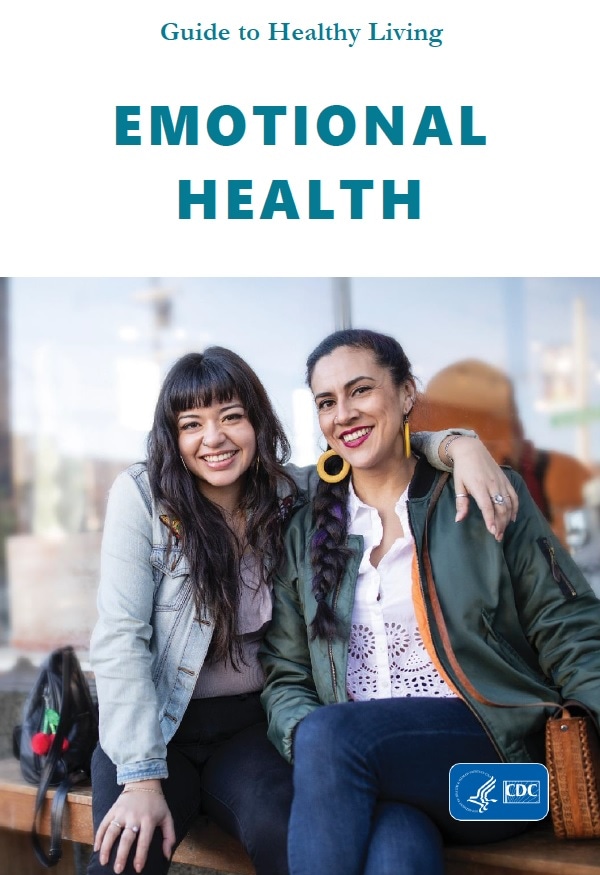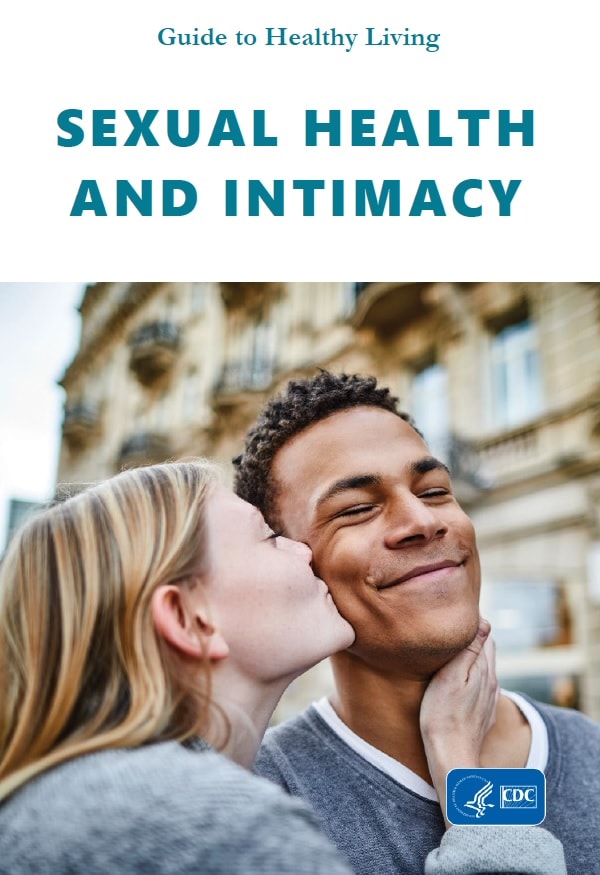Guides to Healthy Living
The journey through and beyond cancer is different for each person. But it’s important for all people who had cancer to take steps to stay healthy. Our three Guides to Healthy Living explain common problems and offer helpful tips and links to resources.
Printable versions of the Guides are also available—
